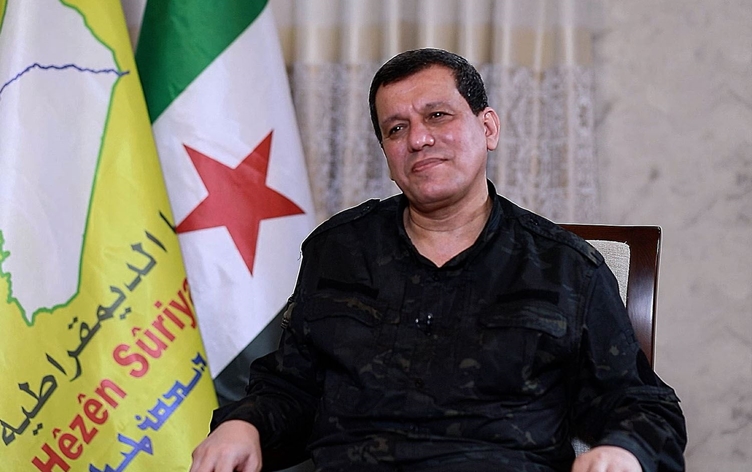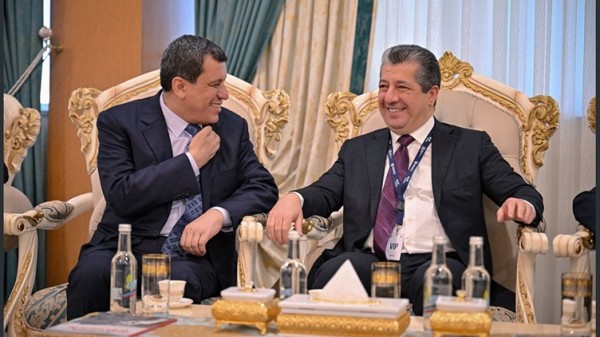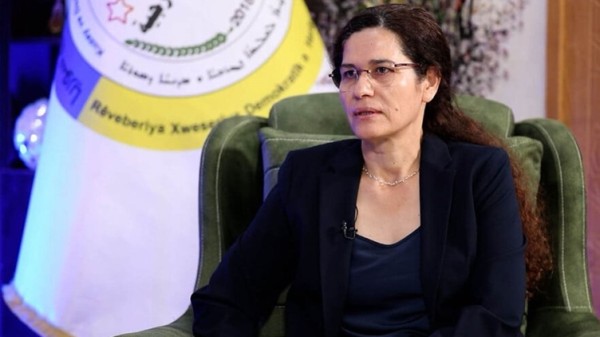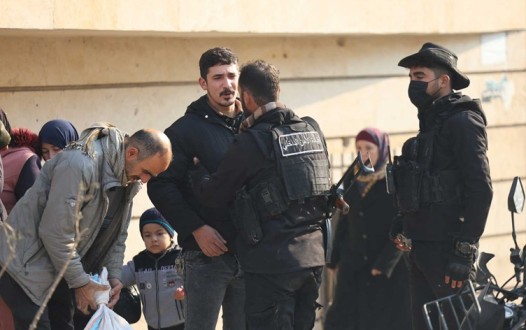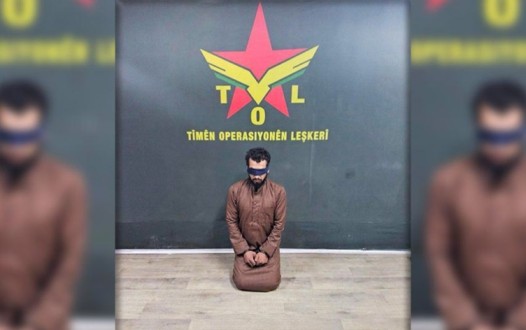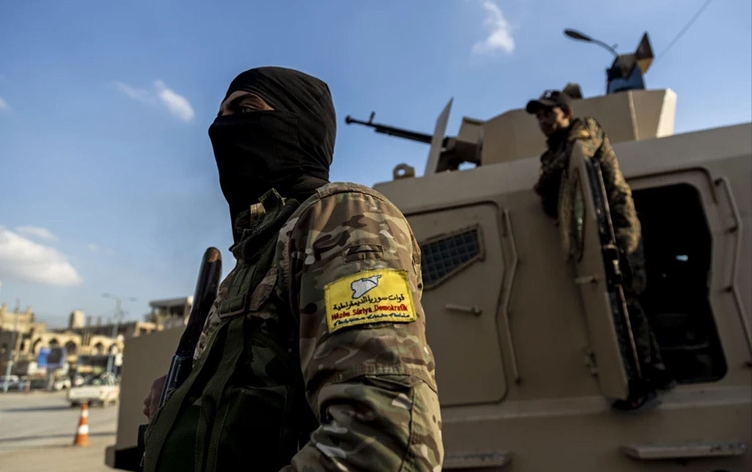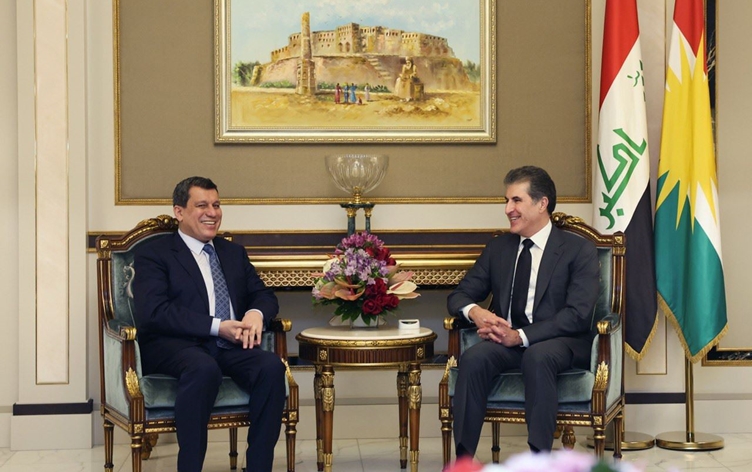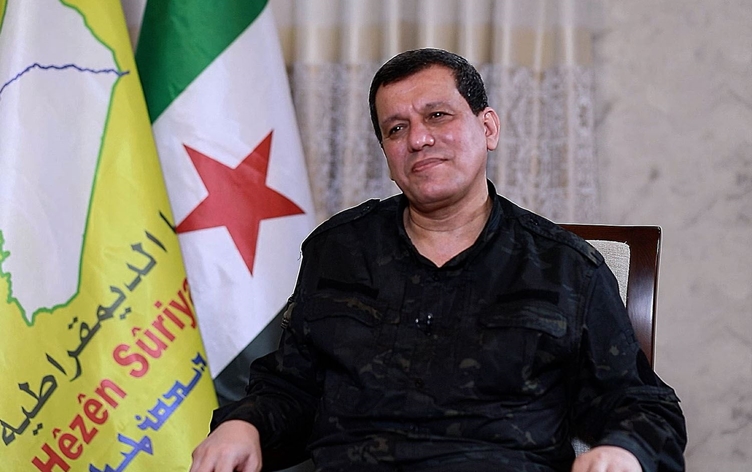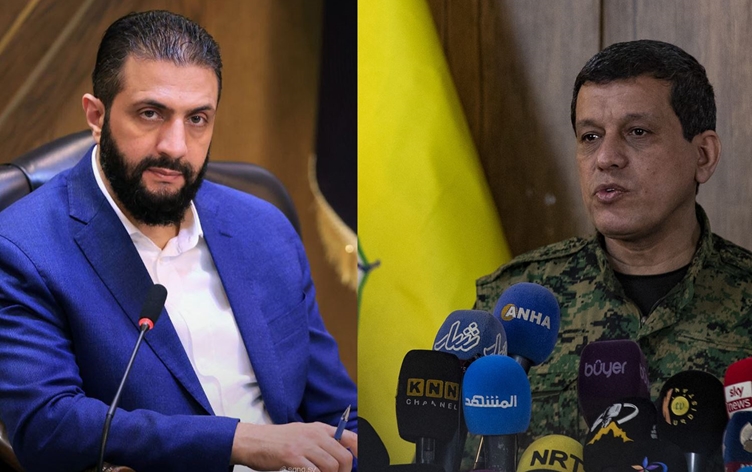Western Kurdistan / Rojava, Damascus agree on ‘principles of decentralization’: SDF chief
Rojava, Damascus agree on ‘principles of decentralization’: SDF chief
- Date: 2025-10-14 - 17:12:00
Share article on
The Kurdistan Post
Syrian Democratic Forces (SDF) commander Mazloum Abdi said on Saturday that they have reached an understanding with Damascus about “the principle of decentralization,” though disagreements remain over the interpretation of terms.
“There is an understanding about the principle of decentralization and the disagreement lies in the interpretation of terms,” Abdi said in an interview with the pro-SDF Ronahi TV.
Rojava has demanded a decentralized form of governance, a proposal Damascus had consistently opposed. In September, Sharaa said “separatist ambitions” disguised as decentralization is what was delaying implementation of a March agreement between them.
It appears, however, that the two sides have made progress in their talks on this issue. On Wednesday, Najeeb Ghadban, advisor to Syrian Foreign Minister Asaad al-Shaibani, told Rudaw that Kurds are pushing for decentralization in Syria and that there is “openness” in Damascus to the idea.
Abdi visited Damascus this week to meet with interim Syrian President Ahmed al-Sharaa to discuss ending recent deadly clashes between the two sides in Kurdish neighborhoods of Aleppo. The verbal agreement they reached is a continuation of the March 10 deal signed by Abdi and Sharaa, under which both sides agreed to integrate the political and security institutions of the Kurdish-administered northeast Syria (Rojava) into state structures, including the SDF. The United States and France have acted as mediators and guarantors in the negotiations.
A key point of contention between Rojava and Damascus has been how the SDF’s integration will take place. The SDF has rejected individual enlistment of its members and insists on joining as a unified force, maintaining its unique structure - notably the inclusion of female fighters. It remains unclear how the Syrian army, dominated by traditionalist and Islamist elements, would accommodate this.
Progress has also been made in negotiations on the integration issue.
“We reached an oral coordination on the integration of Syrian Democratic Forces into the army,” Abdi told Ronahi TV.
“Damascus wants to benefit from the experiences of the Syrian Democratic Forces,” he added.
Abdi also said that a Kurdish delegation will soon head to Damascus and that both sides have “agreed to continue the talks with Damascus at a high level” and upcoming meetings will “discuss the amendment of the Syrian constitution.”
Kurdish political parties in Syria have criticized the constitutional declaration adopted earlier this year as exclusionary, arguing that it marginalizes Kurds by failing to acknowledge their distinct ethnic identity. Many have likened it to Baath-era Arabization policies. The declaration’s emphasis on a highly centralized government is also viewed as a direct threat to the decentralized, self-administration system established in Rojava.
Damascus and Rojava will also collaborate in the war on terror, according to Abdi.
“Damascus may soon join the war against [the Islamic State] ISIS,” he said.
The SDF has been the main partner of the US-led Global Coalition against ISIS in Syria and fought the bulk of the battles that ended the group’s territorial control. The multi-ethnic force lost thousands of fighters in the campaign and continues to hold around 10,000 suspected ISIS members in prisons, along with nearly 30,000 individuals with alleged ties to the group in al-Hol camp.
Abdi also touched on the extent of SDF’s territorial control and said a withdrawal from the oil-rich Deir ez-Zor and Raqqa regions is “not up for discussion.”
The Syrian interim government has repeatedly demanded full state sovereignty over all Syrian territory, including the oil and gas fields located in those areas.
Regarding relations with Turkey, Abdi said that communication channels between the two sides remain open.
“There is an understanding about the principle of decentralization and the disagreement lies in the interpretation of terms,” Abdi said in an interview with the pro-SDF Ronahi TV.
Rojava has demanded a decentralized form of governance, a proposal Damascus had consistently opposed. In September, Sharaa said “separatist ambitions” disguised as decentralization is what was delaying implementation of a March agreement between them.
It appears, however, that the two sides have made progress in their talks on this issue. On Wednesday, Najeeb Ghadban, advisor to Syrian Foreign Minister Asaad al-Shaibani, told Rudaw that Kurds are pushing for decentralization in Syria and that there is “openness” in Damascus to the idea.
Abdi visited Damascus this week to meet with interim Syrian President Ahmed al-Sharaa to discuss ending recent deadly clashes between the two sides in Kurdish neighborhoods of Aleppo. The verbal agreement they reached is a continuation of the March 10 deal signed by Abdi and Sharaa, under which both sides agreed to integrate the political and security institutions of the Kurdish-administered northeast Syria (Rojava) into state structures, including the SDF. The United States and France have acted as mediators and guarantors in the negotiations.
A key point of contention between Rojava and Damascus has been how the SDF’s integration will take place. The SDF has rejected individual enlistment of its members and insists on joining as a unified force, maintaining its unique structure - notably the inclusion of female fighters. It remains unclear how the Syrian army, dominated by traditionalist and Islamist elements, would accommodate this.
Progress has also been made in negotiations on the integration issue.
“We reached an oral coordination on the integration of Syrian Democratic Forces into the army,” Abdi told Ronahi TV.
“Damascus wants to benefit from the experiences of the Syrian Democratic Forces,” he added.
Abdi also said that a Kurdish delegation will soon head to Damascus and that both sides have “agreed to continue the talks with Damascus at a high level” and upcoming meetings will “discuss the amendment of the Syrian constitution.”
Kurdish political parties in Syria have criticized the constitutional declaration adopted earlier this year as exclusionary, arguing that it marginalizes Kurds by failing to acknowledge their distinct ethnic identity. Many have likened it to Baath-era Arabization policies. The declaration’s emphasis on a highly centralized government is also viewed as a direct threat to the decentralized, self-administration system established in Rojava.
Damascus and Rojava will also collaborate in the war on terror, according to Abdi.
“Damascus may soon join the war against [the Islamic State] ISIS,” he said.
The SDF has been the main partner of the US-led Global Coalition against ISIS in Syria and fought the bulk of the battles that ended the group’s territorial control. The multi-ethnic force lost thousands of fighters in the campaign and continues to hold around 10,000 suspected ISIS members in prisons, along with nearly 30,000 individuals with alleged ties to the group in al-Hol camp.
Abdi also touched on the extent of SDF’s territorial control and said a withdrawal from the oil-rich Deir ez-Zor and Raqqa regions is “not up for discussion.”
The Syrian interim government has repeatedly demanded full state sovereignty over all Syrian territory, including the oil and gas fields located in those areas.
Regarding relations with Turkey, Abdi said that communication channels between the two sides remain open.
See Also
Another News about Western Kurdistan
Latest Topics New
